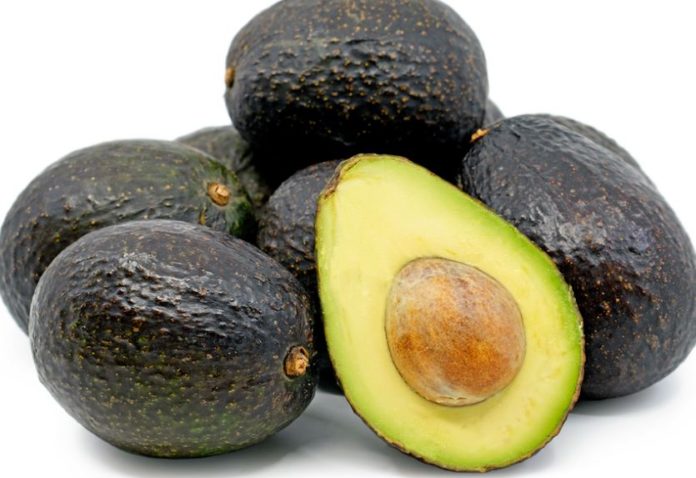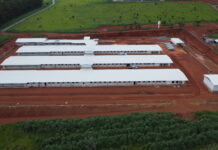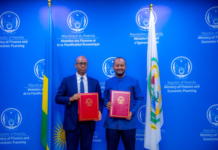The government of Uganda through the Minister for Agriculture, Animal Industry and Fisheries, Hon Frank Tumwebaze, has proposed the introduction of Hass avocado in Busoga to complement sugarcane growing.
Hass avocado, a commercially popular and nutritious fruit is part of the 19 crops that the ministry is promoting under the Agricultural Value Chain Development Strategy. The other crops include cashew nuts, banana, cassava, beans, fish, cocoa, cotton and coffee among others.
Tumwebaze and the Minister of State for Fisheries, Hon Hellen Adoa appeared before the Committee on Agriculture, to defend their National Budget Framework Paper for the Financial Year 2022/23. The sector has been allocated Shs1.534 trillion for the Financial Year 2021/2022.
Agricultural Value Chain Development Strategy
While making his presentation, Hon Tumwebaze said that the 19 priority crops will change agriculture, noting that new strategy will help regions that do not have perennial crops by introducing new crops for cash. Tumwebaze said that Busoga for instance, as a region, can benefit from Hass avocado growing instead of sugarcane.
“Between the sugar and Hass avocado in Busoga for example, which can benefit more? Hass avocado can help Busoga transition from sugarcane,” Tumwebaze said.
Tumwebaze also pointed out that while Uganda has 44% of arable land, only 34.4% is under agricultural use, and as a ministry, they hope to move it to 50% by 2026 through the promotion of the Agricultural Value Chain Development Strategy.
Maj. Gen. Sam Kavuma, a Member of Parliament representing the Uganda People’s Defence Forces and also the Deputy Chief Coordinator Operation Wealth Creation, defended the proposal to have Hass avocado introduced to Busoga.
“We need to move agriculture from traditional feelings to science and research, we need to introduce these new crops to Busoga. Because if we say Busoga must continue with this crop that they have been engaging in for the past 100 years even if it does not benefit them, I think it is wrong,” Kavuma said.








